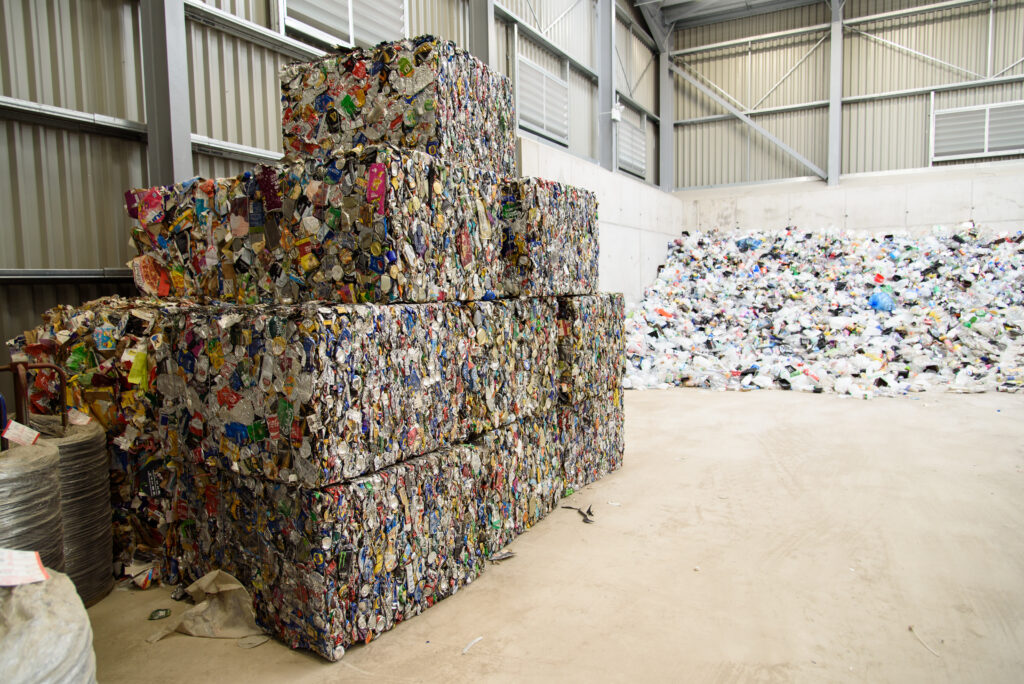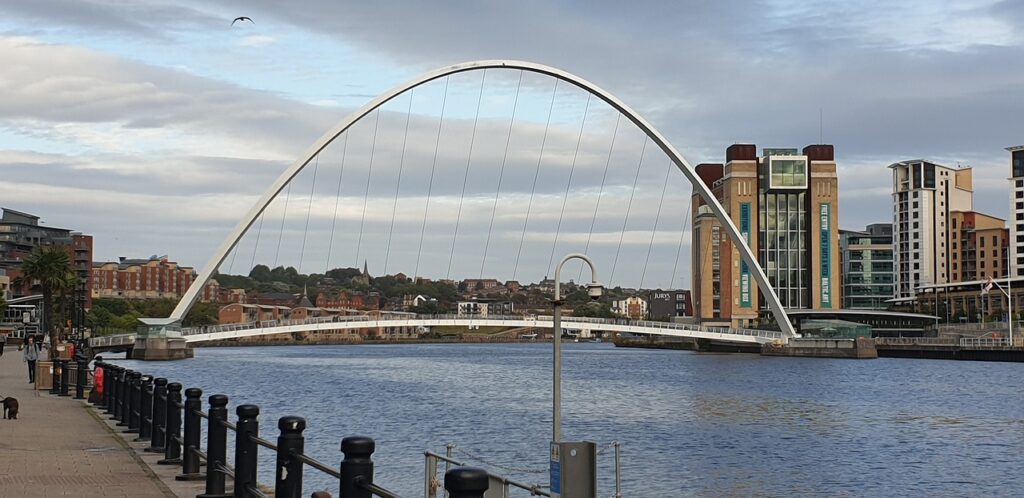Paul Beard, waste contracts manager for Shropshire, confirmed to letsrecycle.com that the unitary authority is reaching the end of talks with Veolia over the future of collection services following a review that began in December 2013.

The PFI deal between Veolia and Shropshire, which includes the collection, recycling and treatment of waste produced across the region, was signed in 2007.
At present, Shropshire residents have metals and mixed plastics, glass, and mixed paper collected in three separate boxes alternate weeks. Residual waste wheeled bins and mixed garden waste and food waste wheeled bins are also collected every fortnight.
While it has still yet to be decided what form the changes will take, the new design could be influenced by two trials carried out in 2014.
Assessment of one of these, a 12-week trial carried out among 102 properties in Bayston Hill near Shrewsbury over the summer of 2014, suggested that if a similar approach was rolled out across the county, savings could be made which would be in in line with those identified in Shropshire’s 2016/17 budget report.
Under the trial, residents received wheeled bins for commingled collections of plastic, glass and metals while retaining a separate box for paper.
Cardboard
Cardboard was also reintroduced into the recycling stream alongside mixed paper for the first time since 2011, when Shropshire council told residents they could no longer place it in their organic waste bins (see letsrecycle.com story).
In the second trial conducted at the same time in Hanwood, residents similarly switched to a commingled system and reintroduced cardboard, but the council also provided caddies for separate collections of food waste.
A financial assessment of the two trials found an estimated £1 million in savings which amounted from the Hanwood trial, with £250,000 projected savings from the Bayston Hill pilot. The figures were ‘subject to change’ following further negotiations with Veolia.

A budget monitoring report published at the end of last year identified that a waste collection re-design would save the council £250,000 and increase recycling in 2016/17. In total, the authority aims to save more than £23 million across its entire budget.
Commenting on the re-design, Mr Beard said the £250,000 saving was the “assumed” figure looking forward to 2016/17.
He said: “We did a review a while ago with Veolia. We are already going to be changing the vehicles and we are close to reaching the end of discussions.”
Mr Beard added that the council was still working on a Contract Management Manual which had been recommended by Defra in 2012 due to the complexity of its arrangement with Veolia.
He noted: “A lot of complexity of that contract was associated with interim services. Now the energy recovery facility is operational the activities have been simplified.”
A Veolia spokeswoman said: “We are in discussions with Shropshire council and we hope to have more news later in the year.”
Battlefield incinerator
Located in Shrewsbury, the Battlefield energy recovery facility has capacity to treat up to 95,000 tonnes of waste per year (see letsrecycle.com story). Operations began at the plant in September 2015 – with a formal opening ceremony scheduled for the spring.








Subscribe for free